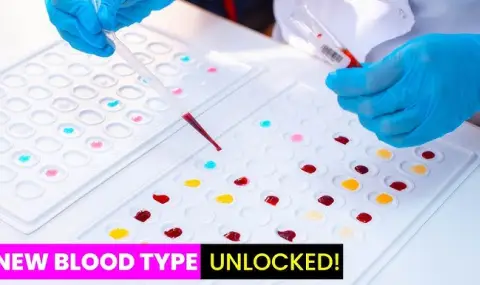Finding people without the AnWj antigen is like looking for a needle in a haystack - they are extremely rare. In fact, more than 99.9% of people are positive for AnWj. The research team identified only 5 genetically AnWj-negative individuals in their study, including an Arab Israeli family, bTV reported.
One of the samples tested was from a woman who donated blood in 2015 - the same person who was the first AnWj-negative individual discovered in the 1970s.
Unraveling the mystery
The team manages to solve the mystery using an unusual method. They used a technique called whole-exome sequencing -- a deep dive into the parts of our DNA that code for proteins. This high-tech approach has allowed them to identify specific deletions in a gene called MAL, which is responsible for producing the Mal protein.
To prove their theory, the researchers conducted a clever experiment. They introduced the normal MAL gene into the cells and observed that it produced the AnWj antigen. When they tried to do the same with the mutated version of the gene, no AnWj antigen appeared. This was just what they needed to confirm their discovery.
Discovery is important, but why?
The answer lies in the critical nature of blood transfusion. When patients receive blood that doesn't match their own, it can lead to serious, even life-threatening, reactions.
„Genotyping tests can be developed to identify genetically negative AnWj patients and donors. Such tests can be added to existing genotyping platforms,” explained Dr Nicole Thornton, head of the red blood cell reference unit at NHS Blood and Transplant.
That is, this discovery allows doctors to more accurately select blood for transfusion, thereby potentially saving human lives.
As with many other scientific breakthroughs, this opens up new avenues for research and medical applications. The team's research, published in the prestigious journal Blood, paves the way for the development of new tests to identify rare blood types and reduce the risk of transfusion complications.
